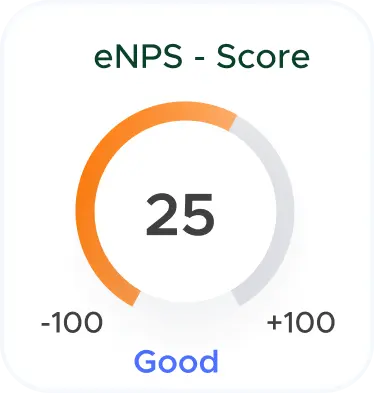Generasi X
Generasi X mengacu pada kelompok demografis yang lahir antara awal tahun 1960-an hingga awal tahun 1980-an, mengikuti generasi Baby Boomer dan mendahului generasi Milenial. Tahun yang tepat untuk mendefinisikan Generasi X dapat sedikit berbeda tergantung pada sumber dan definisi yang berbeda.
Generasi X tumbuh pada masa perubahan sosial dan teknologi yang signifikan. Mereka mengalami kemunculan komputer pribadi, menyaksikan kemunculan internet, dan dipengaruhi oleh pergeseran budaya seperti berakhirnya Perang Dingin dan munculnya globalisasi.
Anggota Generasi X sering kali menunjukkan karakteristik yang berbeda yang dibentuk oleh pola asuh mereka yang unik. Mereka dikenal dengan kemandirian dan kemandiriannya, karena banyak dari mereka yang dibesarkan dalam rumah tangga dengan dua orang tua atau orang tua tunggal. Generasi ini menghadapi tantangan ekonomi dan menyaksikan fluktuasi pasar kerja, yang menumbuhkan sifat pragmatis dan mudah beradaptasi.
Generasi X sering dikaitkan dengan rasa skeptis dan mempertanyakan otoritas dan institusi. Mereka tumbuh dewasa pada masa pergolakan sosial dan politik, termasuk peristiwa-peristiwa seperti skandal Watergate, krisis AIDS, dan resesi ekonomi. Pengalaman-pengalaman ini memengaruhi pandangan dunia mereka dan menumbuhkan pola pikir kritis.
Apa itu Generasi X?
Generasi X mengacu pada kelompok demografis yang mengikuti generasi Baby Boomers dan mendahului generasi Milenial. Ini adalah istilah generasi untuk individu yang lahir antara awal 1960-an dan awal 1980-an. Batasan yang tepat untuk Generasi X dapat sedikit berbeda tergantung pada sumber dan definisi yang berbeda.
Tahun berapa Generasi X?
Generasi X biasanya didefinisikan sebagai generasi yang lahir antara tahun 1965 dan 1980. Namun, rentang ini memiliki fleksibilitas, dan sumber yang berbeda dapat menggunakan tahun yang sedikit berbeda untuk mendefinisikan generasi.

.svg)













.svg)



.svg)
.svg)